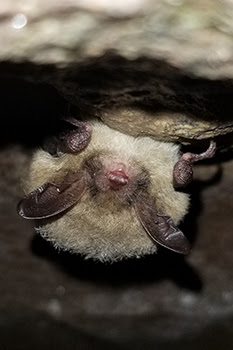First 2016 Michigan elk season a success

The Michigan Department of Natural Resources yesterday announced that Michigan’s first elk hunt of 2016, which ended Oct. 3, had a hunter success rate of 85 percent. One hundred state hunters had 12 days to fill their elk license, with 30 any-elk and 70 antlerless-only licenses issued.”It’s hard to believe the first hunt period is in the books,” said DNR wildlife biologist Jennifer Kleitch. “Overall, we had good weather to hunt, no notable law issues and good success. The last few days were the wettest, which slowed efforts just a bit.”
The first hunt period of the elk season is staggered and open for a total of 12 days, from Aug. 30-Sept. 2, Sept. 16-19 and Sept. 30-Oct. 3. This early hunt period is open only in areas outside the core elk range, helping to control the distribution or locations of elk. The management goal for elk hunting is to control the number of elk and their locations and also the herd composition, or the male-to-female ratios. Hunt period 1 targets elk outside the location where the DNR wants the majority of the population to be.
“We work very closely with elk hunters to give them the greatest chance at success as possible,” said Kleitch. “The 100 elk hunters are essentially serving as wildlife managers during this hunt, which is managed in such an intense way, we can get the locations of known elk and work with private landowners who want assistance in getting the elk off their land.”
Kleitch explained that elk are the second largest wild herbivore in Michigan (moose being the largest) at 350-900 pounds. This means they eat a lot of plants, and elk don’t distinguish between private agricultural crops, state forest land or planted wildlife food plots. In addition, many elk hunters have waited for decades to get drawn for a coveted elk license. A successful hunt is not only very important for achieving management goals but also for the satisfaction of the hunter.
“I never thought I’d be chosen,” said Emily Schaff of China, Michigan, who hunts both deer and turkey and had drawn a bear tag years ago. “My mom got a cow tag when I was in fifth grade, and I always wanted to do it. I’ve made all my friends and family apply for their elk license now!”
Learn more about the elk lottery in this short video or by visiting mi.gov/elk.
Several unique hunting groups appeared at this year’s elk orientation in Vanderbilt, which every hunter must attend to learn about their upcoming elk hunt. The 100 hunters in the first elk hunt period included a husband/wife duo, brothers, a third generation in a family that already had twice drawn elk licenses in the past, several hunters with disabilities, and many other rare situations. Only Michigan residents are eligible to hunt elk in Michigan, and the application period runs annually May 1 through June 1.
The second elk hunt period, Dec. 10-18, will have a new group of 100 state hunters who will be hunting all open elk management units, which include the core elk range in the Pigeon River Country State Forest. A third elk hunt period is an option if the needed hunter success is not met with the first two hunt periods, although, in the past several years, this third hunt has not been necessary.
The goal for Michigan’s elk population is between 500 and 900 elk, which has been determined to be the optimal population for habitat, recreation and a healthy herd. Currently, Michigan’s estimated elk population is over 1,300, and regulated hunting will be used to reduce the population. To learn more about elk, including elk education opportunities in the classroom, visit mi.gov/elk.





